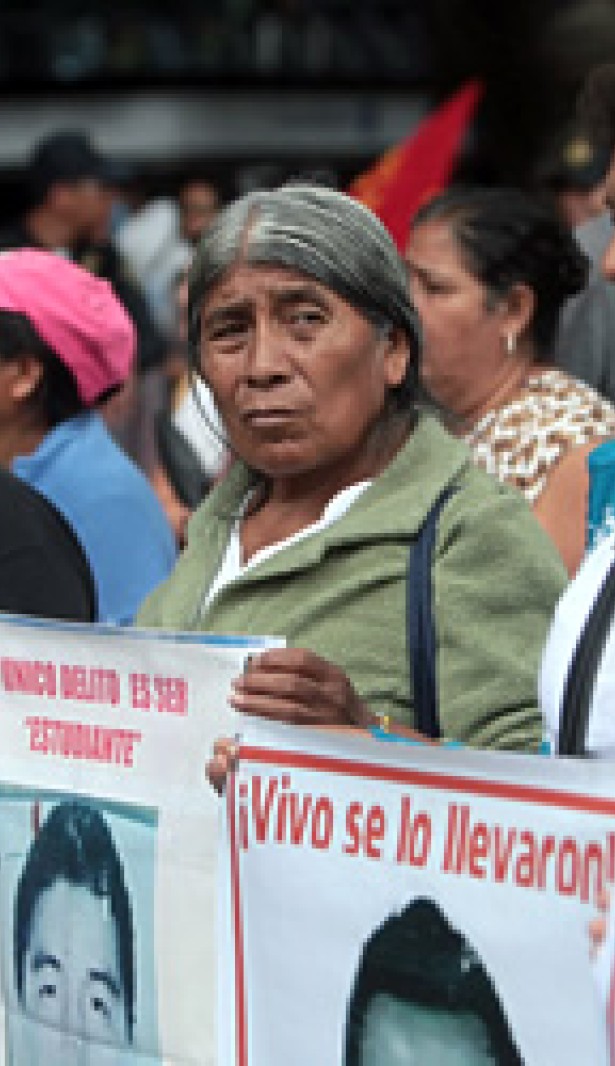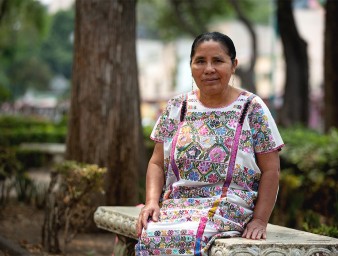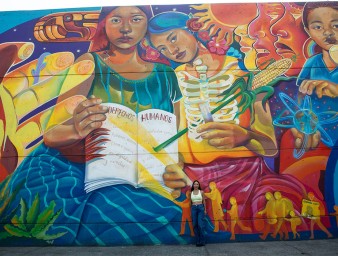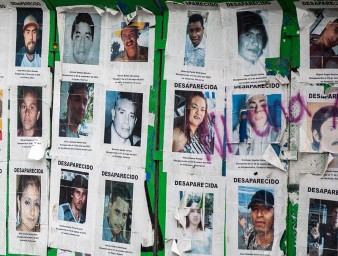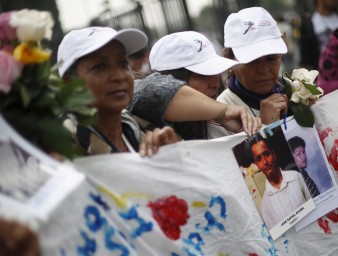Mexico’s relentless wave of human rights violations
16 October 2015
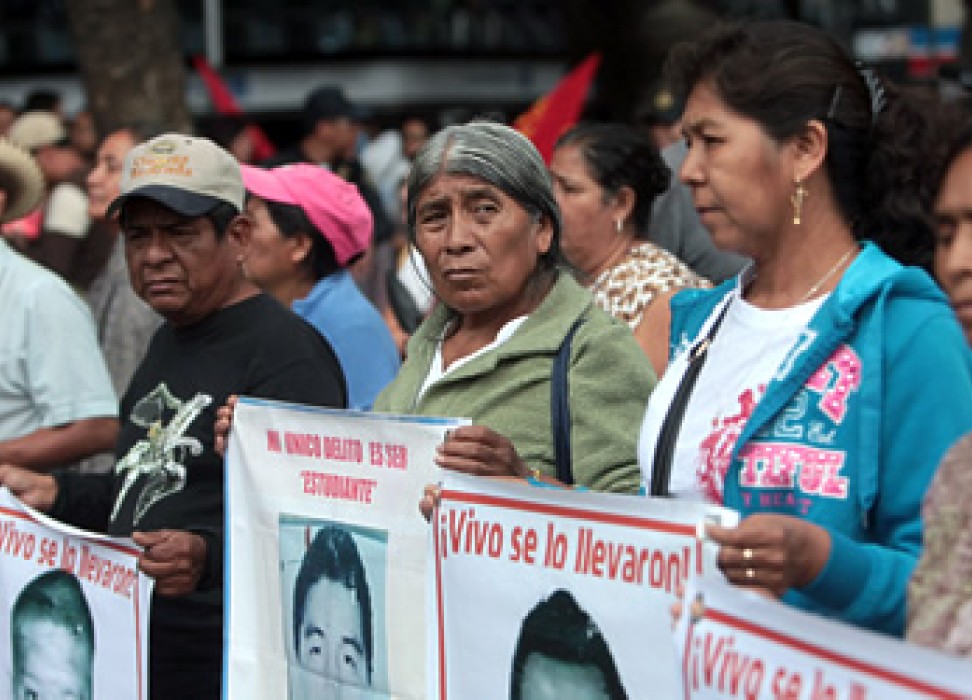
UN High Commissioner for Human Rights Zeid Ra’ad Al Hussein painted a sobering picture of the human rights situation for the many millions of people living in Mexico despite the progress being made in constitutional and legal reforms. During his recent visit to Mexico, Zeid noted the gap between the advanced regulations and the reality of the human rights situation lived by Mexicans, as well as the difference between Mexico’s top international commitment with human rights and the shortcomings in the domestic arena.
The High Commissioner met with President Enrique Peña Nieto, high officials of the State, NGOs, victims of human rights violations, and other members of civil society to address Mexico’s high levels of insecurity, disappearances and killings, harassment of human rights defenders and journalists, violence against women, and abuses of migrants and refugees moving through the country on their way to the United States.
He praised the advances made by the government regarding the laws on enforced disappearance and torture, and stressed that these must be approved and implemented including the active participation of victims and civil society.
In a country where an estimated 98 per cent of all crimes remain unsolved, with the great majority of them never properly investigated, Zeid said there is an overall consensus nationally, regionally, and internationally on the severity of the human rights situation in Mexico.
“For a country that is not engaged in a conflict, the estimated figures are simply staggering: 151,233 people killed between December 2006 and August 2015, including thousands of transiting migrants,” he said. “Thousands of women and girls are sexually assaulted, or become victims of the crime of femicide. And hardly anyone is convicted for the above crimes.”
Enforced disappearances have resulted in some 26,000 people missing with new cases occurring daily. “The amount of misery is impossible to comprehend…Tragic for the individuals involved and tragic for the country as a whole,” Zeid said.
Zeid condemned unreservedly the acts of violence carried out by the country’s “powerful and ruthless organized crime groups” who have cast a dark shadow on the lives of the people living in Mexico. However, he pointed out that many of the enforced disappearances, acts of torture and extra-judicial killings are alleged to have been carried out by federal, state and municipal authorities, including the police and some sector of the army. “The combination of fear, greed, and chronic impunity is potent, and millions of people are suffering from this poisonous cocktail which once brewed is hard to eliminate,” he said.
Zeid pressed Mexican officials to solve the enforced disappearance case that made headlines around the world when 43 students from the Ayotzinapa teacher-training college vanished in Iguala, in Guerrero State. According to reports, local police engaged in attacks and ambushes against the unarmed students. There is evidence that municipal, state and federal police, along with other State officials and the army, were all either involved in the crime, or failed to protect the victims, or took part of the cover-up, Zeid said.
He highlighted this case because it could have a positive impact on similar cases throughout Mexico if it is solved as a result of a comprehensive investigation, which leads to the perpetrators being identified, prosecuted and convicted, and reparations given to the victims. “The Iguala case is a microcosm of the chronic problems underlying the relentless wave of human right violations tacking place across Mexico,” he said. “In particular, it highlights the prevalence of impunity and the disregard for victims that affect the entire country.”
Zeid was deeply touched by the courage, determination, and commitment of the many people he met in Mexico who are working to improve the country and of the many victims of Mexico’s violence and relatives of people who are missing.
“I wish everyone could meet and hear them,” he said. “To have a loved one disappear, to not know if they are dead or alive; if they died, how much they suffered, how long it took…It becomes doubly cruel when the authorities do not even bother – or dare – to investigate what happened to your son, daughter, sister, partner or best friend.”
While all of these issues are widely known by the majority of Mexicans, Zeid was disturbed by the intolerance of public scrutiny by some of the country’s politicians in reaction to recent human rights reports on Mexico. “Instead of shooting the messenger, let us focus on the message. We’re all on your side. We all want to assist Mexico,” Zeid said.
The High Commissioner presented recommendations for the Mexican government to combat these issues including strengthening the Attorney General’s offices across the country to ensure that human rights violations are properly investigated and reinforcing the capacity of the police to carry out their public security function in line with human rights obligations. In addition, he pushed for creating a time frame for the removal of the military from public security tasks and implemented the Interdisciplinary Group of Independent Experts’ recommendations and follow-up tools for serious cases.
“The international community is full of good will towards Mexico, but ultimately it is only Mexicans – and especially Mexico’s political class – who can resolve these massive problems,” he said.
16 October 2015
